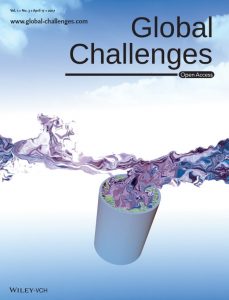Election Anxiety and “Fake News” – What Sociologists Can Do
With Election Day looming on November 3rd, the country’s already high levels of stress and anxiety now seem even more amplified. Demonstrably, articles entitled something along the lines of “How to Cope with Election Anxiety” are flooding the Internet. On top of COVID-19, sky-high unemployment rates, and persistent civil unrest in response to injustice, the importance of the upcoming election seems greater – and therefore more anxiety-ridden – than ever. While much of this sense of “doom” is coming from...




















